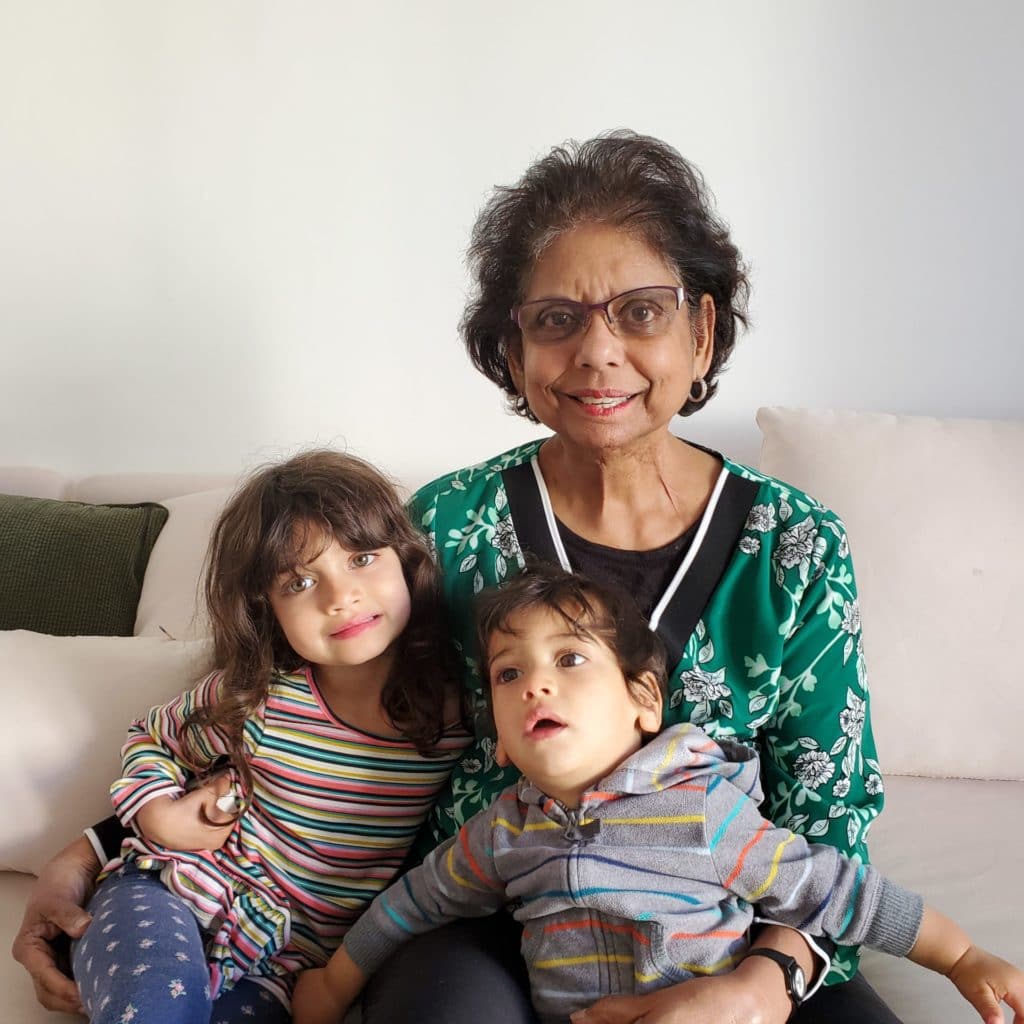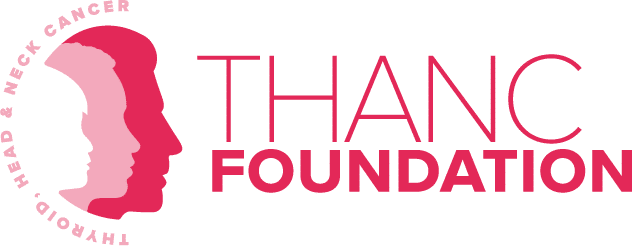
Back when I was in my forties, I started to notice splotches inside my cheeks and on my gums that would come and go. It was Lichen Planus, a result of lifestyle and stress, and was mostly just a nuisance. My dentist told me to just come in for more cleanings. I didn’t know it was a risk and a cause of oral cancer. One night while brushing my teeth, I noticed a dark spot on my gum. I was immediately sent to an oral surgeon for a biopsy and two weeks later, diagnosed with squamous cell carcinoma.
I met with an oral surgeon at a top hospital where I had had treatment for breast cancer years prior. The surgeon was insistent that I do surgery immediately to remove 75% of my lower jaw, to prevent the cancer’s spread to my brain. The message was clear and left no room for discussion—if I didn’t do exactly as I was told, there was no possibility of a good outcome.
Despite our preparation for this next step, my husband wouldn’t stop nagging me to get a third opinion
My family urged me to get another opinion. I trusted the institution from my previous experiences and believed that doctors unequivocally know what is right, but their loving nagging eventually wore me down. My second surgeon gave me much less invasive options, but they were still extremely drastic. I was going to have part of my bone harvested from my thigh and repurpose it for my jaw. My son and his wife moved in to help care for me after my upcoming scheduled surgery, and I tried my best to make my peace with this new chapter in my life.
Despite our preparation for this next step, my husband wouldn’t stop nagging me to get a third opinion. We wouldn’t regret meeting with another surgeon, but might regret never trying. I remembered that it was my son’s pushing me to do a clinical trial that saved my life when I had breast cancer. Exploring my options had saved my life once before. I decided to see a third surgeon, whose intervention was much less invasive and made far more sense to me. Difficulties getting my records sent over made it feel like my previous hospitals were more interested in my “business” than my outcomes, but my surgeon was patient, calm and reassuring. He explained everything clearly and didn’t try to frighten me into accepting his solution.
One thing I appreciated most was that my whole team worked collaboratively to cure me
I came home and interrupted my family’s Thanksgiving preparation to share with them that I was changing course completely. I would have a much smaller surgery to remove a small part of my lower jaw, and would require two weeks recovery. Together, we reviewed all of my surgeon’s thorough explanations, the diagrams he had drawn and the risks he had outlined—deciding this was the best option. To think that I had gone from facing removal of my entire jaw to a patch the size of my finger was astonishing.
Life is different now, of course… I am able to do everything I did before—just in a slightly different way
My surgery went smoothly, as did my reconstruction and chemotherapy. One thing I appreciated most was that my whole team worked collaboratively to cure me. This is what you want when you are fighting cancer: to feel that you are in caring, competent hands with people you trust. My cancer did return to the other side of my jaw in 2018 and my surgeon was very proactive about addressing it aggressively and cautiously, as before—he was thorough without being alarmist.
Life is different now, of course. My speech and eating were impacted, but my prosthetics make me look and feel as normal as possible. I am able to do everything I did before—just in a slightly different way. I travel. I enjoy wine with my friends. I eat cookies with my grandchildren. I tell just as many stories as I did before. I’m also more focused on my health and taking care of myself. If you are at the beginning of your cancer journey, remember that you have options. Even if your situation requires a quick decision as mine did, the decision is still yours to make. Going to the right person is so important—someone you trust and whose sole concern is your well-being.

Will You Share Your Journey?
April is Oral Cancer Awareness Month. As part of that theme, we post stories written by oral cancer survivors, caregivers and medical professionals for our 30 Stories in 30 Days™ campaign. The insights they share can help others along their journey.


